Winds of change blowing towards Prabowo in key Indonesian election battleground
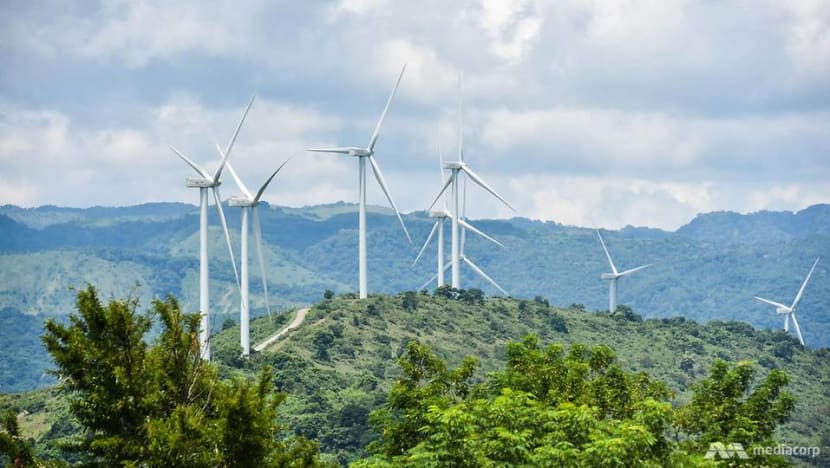
The Sidrap wind farm is an unusual sight in the Indonesian countryside. (Photo: Jack Board)
MAKASSAR, Indonesia: Soaring above the cashew plantations and corn fields, 80m-tall steel towers are an alien sight in the Indonesian countryside.
Wind turbines now dominate the green ridges around Sidenreng Rappang, a rural regency about 180km north of Makassar, eastern Indonesia’s largest city.
It is a land of mountains, hills and, crucially, wind, which funnels through the ranges and strengthens, creating ideal conditions for power production. The wind towers fitted with 20-tonne spinning blades cut through the air and at their peak produce 75 MW of electricity surging into the national grid.
“Nobody thought that wind resources were strong enough or feasible for electricity generation in Indonesia," said Niko Priyambada, senior project development manager of UPC Renewables Indonesia.
"We are quite proud of this. We were able to make history."
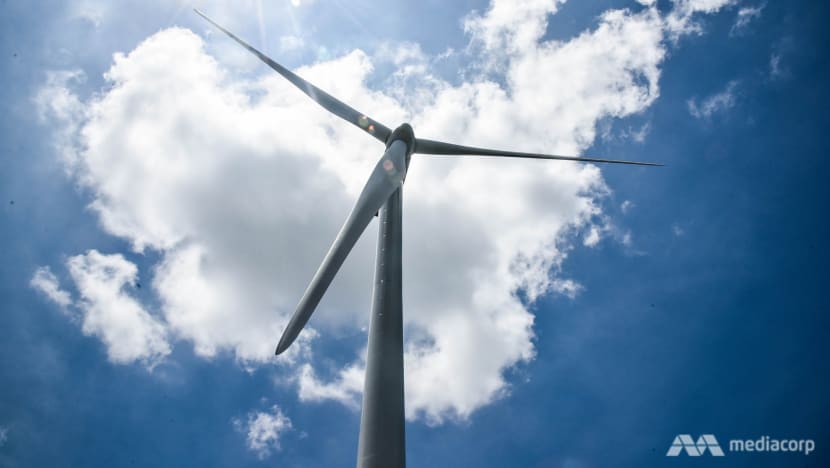
This is the first of its kind in Indonesia and the only operational electricity-generating wind farm in the entire country. And it has the potential to electrify large parts of the province once fully utilised on the grid.
Those ambitions remain largely untapped, however. While the wind farm is a beneficial complement to the region’s other power production sources, it is part of a blueprint that has failed to deliver one of President Joko “Jokowi” Widodo’s 2014 pledges, to power up 99.9 per cent of the country by this year.
Given Indonesia’s archipelagic geography, it was an ambitious task and one the incumbent administration has slightly fallen behind with - it has taken the rate from about 85 per cent to 98 per cent in the past five years.
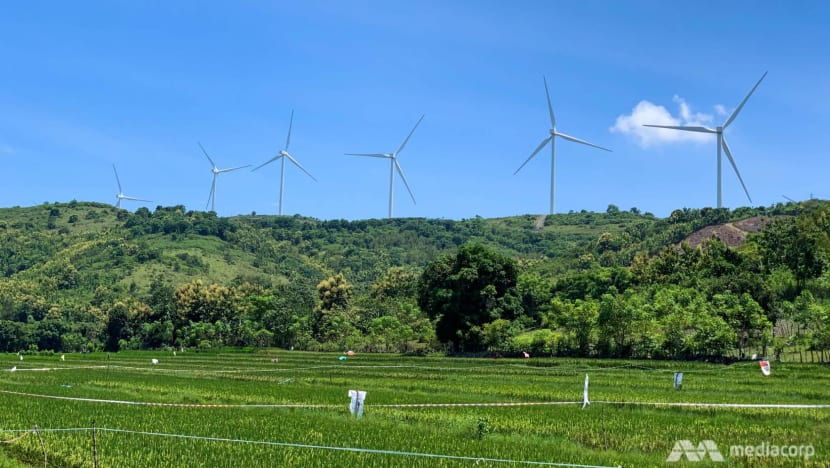
In the shadows of the Sidrap wind farm itself, just 3km from the towering turbines, the hamlet of Pabbaresseng remains in the dark. While the local school now has a solar panel, courtesy of UPC, locals still rely upon their own generators and oil lamps.
Perusahaan Listrik Negara - the national government’s electricity distributor - has promised to connect the village by the middle of this year. But it has been a long wait for the 500-odd residents.
“We never have had an electricity hookup since our ancestors lived here a long, long time ago,” said the hamlet’s chief, Asis.
“When it is connected, the children will get a better education because they will be able to use gadgets for learning purposes.”
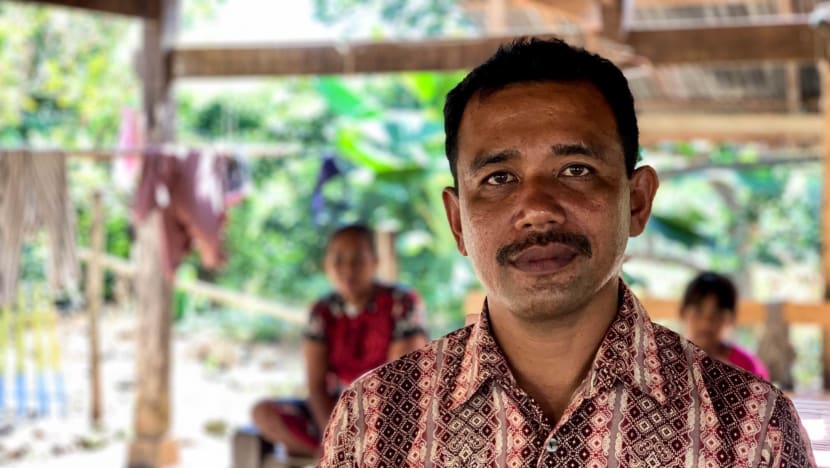
Indonesia under Jokowi is seeking to derive just under a quarter of its power needs from renewable sources by 2025. That has opened up enticing investment opportunities for UPC and others.
But a full embrace of renewables has not materialised, even under the seemingly keenly green president. Tariffs remain high, climate change has hardly figured as an issue in recent presidential debates and a philosophical shift to clean energy has not occurred.
“Electricity is still being used as a political weapon by politicians in office. Every time there’s an election, the first thing they will offer to communities is cutting down electricity prices, which is not providing a very good incentive for renewable energy development,” said UPC’s Niko Priyambada.
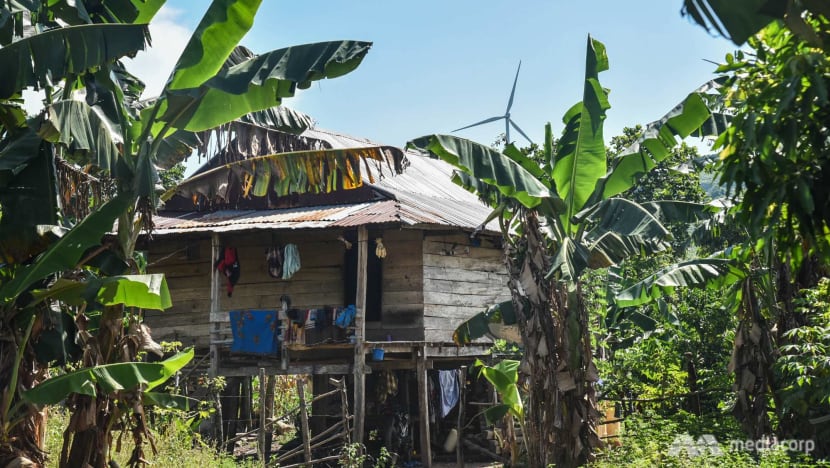
‘I’M SURE SOUTH SULAWESI WILL CHOOSE PRABOWO’
In many ways, mega infrastructure projects have come to symbolise the Jokowi administration’s ambitions. Enormous investment has been sunk into developing roads, ports, railways, dams and Internet connectivity.
He began his presidency with a promise of US$340 billion worth of projects. While some are undeniable breakthroughs, others have stalled or their benefits are not yet fully realised or understood.
In South Sulawesi, the Makassar New Port, at a cost of more than US$6 billion and due to be completed by 2025, is a key plank in Jokowi’s suite of offerings to the relatively poor region, with a promise to improve connectivity, create jobs and stimulate the economy.
“During his nearly five-year tenure, Pak Jokowi and Pak Jusuf Kalla always emphasise that they realize South Sulawesi is a gateway to the eastern part of Indonesia,” South Sulawesi Governor Nurdin Abdullah told CNA.
“The new South Sulawesi administration is trying to eliminate everything that complicates investment,” he said.
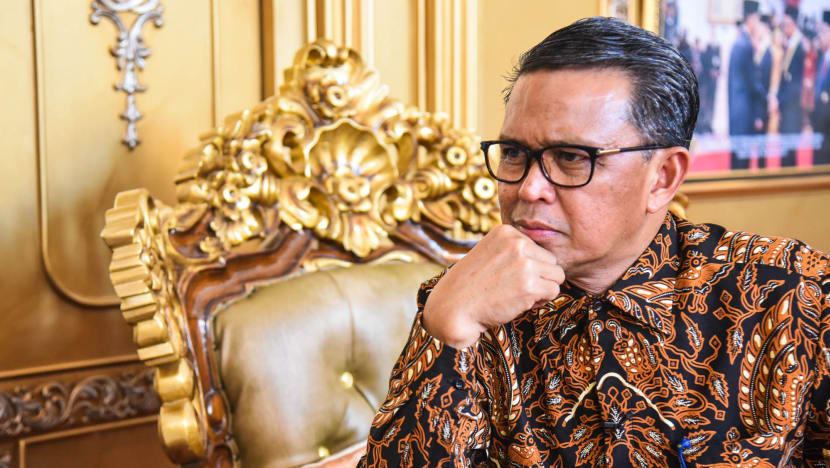
President Jokowi has earmarked 27 projects for Sulawesi alone, a promise that ignited hope among eastern Indonesians accustomed to being neglected in a country dominated by the demands of populous Java. During the 2014 election, that resulted in a 60 per cent glut of votes across the 13 eastern provinces.
In South Sulawesi, including the boomtown of Makassar, his victory was even more pronounced - 71 per cent of the vote, on the back of campaigning from his running mate and Sulawesi local Jusuf Kalla.
With Kalla’s influence having waned significantly this time around, amid discontent with the vice president’s business activity and his backing of losing mayoral candidates in South Sulawesi, a sure bet could become a losing hand for Jokowi.
“Jusuf Kalla is more a liability than a strength for Jokowi,” said Dedi Dinarto, a research associate with the Indonesia Programme at S Rajaratnam School of International Studies.
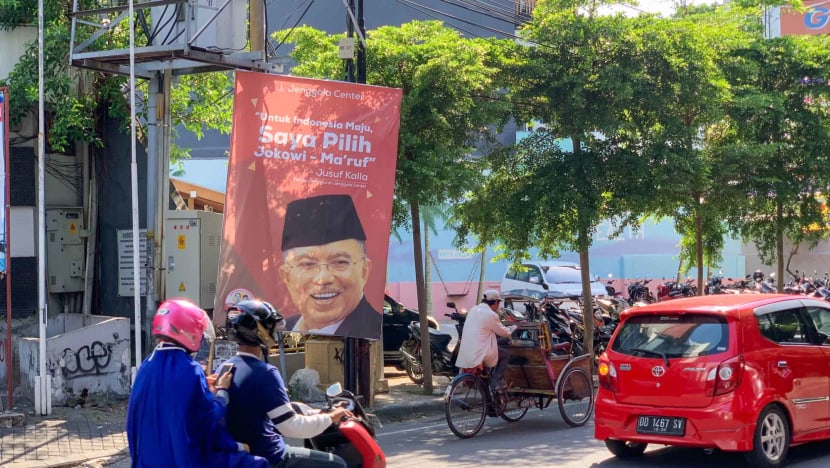
It means the president leans even more heavily on the spending promises he has made in Sulawesi. But according to Dedi, a dominant regional win for Jokowi is now highly unlikely.
“Due to the recent consolidation of local and regional leaders in South Sulawesi to declare an overt support for Jokowi, he might have a chance to win in this province. However, a hefty victory as what he achieved during 2014 presidential election is ghost of a chance,” he said.
Rival presidential candidate Prabowo Subianto is circling in the country’s seventh most populous province and one important for notions of eastern representation in Jakarta.
Prabowo, a former Suharto-era general, has been building momentum in this electoral contest, attracting enthusiastic crowds for campaign events featuring him and his charismatic running mate Sandiaga Uno.
Mainstream pollsters, though sometimes unreliable, give Jokowi a healthy lead but Prabowo remains steadfastly confident of being elected.
He has important grassroot supporters in South Sulawesi, including Aliansi Pencerah Indonesia (API), which has promised to deliver the candidate 25 million votes nationwide. Its local operative leader says only Prabowo can deliver the economic and social change the province needs.
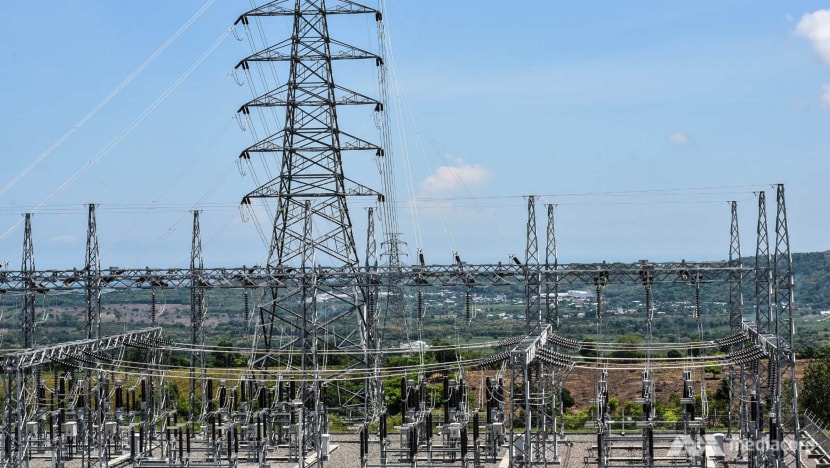
“South Sulawesi wants a new leader, especially the poor people. It doesn’t mean Jokowi achieved nothing during his tenure, but things that concern the lives of many people should be the priority,” said API’s South Sulawesi chairman, Muhammad Riady Jufri.
“Actually we're not anti-infrastructure, but we have to remember that there are many people living below the poverty line. Keep doing the infra projects, but that should not be the number one priority. Right now, we think that our economic conditions aren't that good. People with low income really can feel it.
“I'm sure South Sulawesi will choose Prabowo.”
Governor Nurdin disagrees, and while he been reluctant to explicitly endorse Jokowi, they are political allies and he speaks brightly about the president’s performance.
“We see that South Sulawesi residents still love Pak Jokowi and (Jusuf Kalla) because they are central figures. I, as a governor, have to be neutral but personally we have rights to vote,” he said.
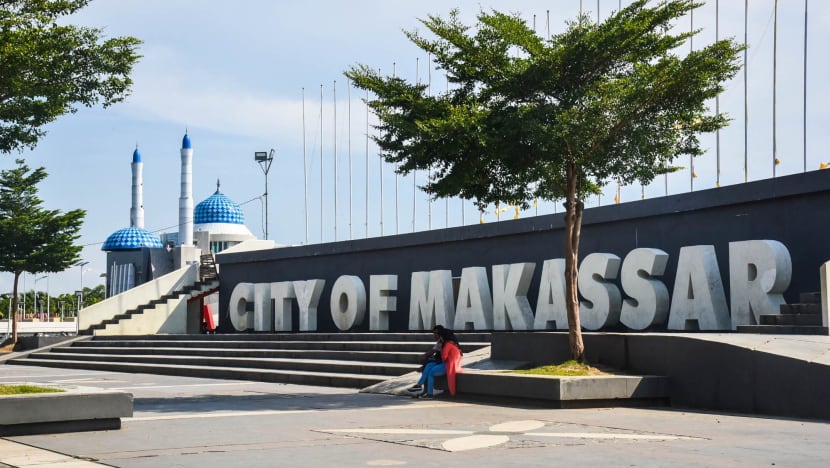
Despite a pressing need for improved infrastructure, particularly in the east, the spending, stretching timeframes and foreign influence of the projects have drawn the ire of Prabowo and his supporters.
And the raid on this former stronghold for the government is not an isolated effort; these are themes that are being exploited by Prabowo’s team across the country.
According to Dedi, these criticisms, which can be expected to touch a nerve with voters, could mean Jokowi’s attempted presidential legacy becomes his Achilles heel.














